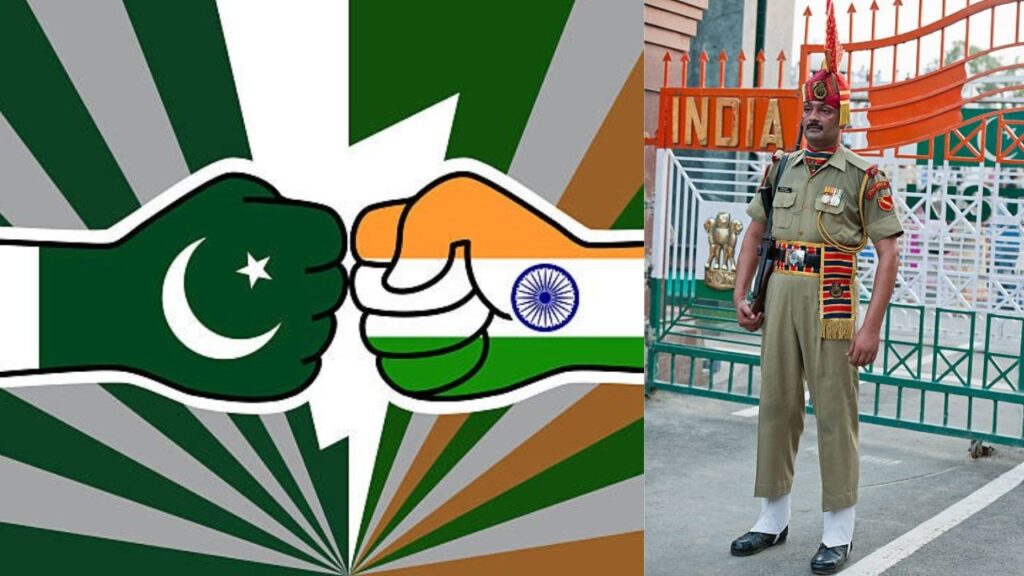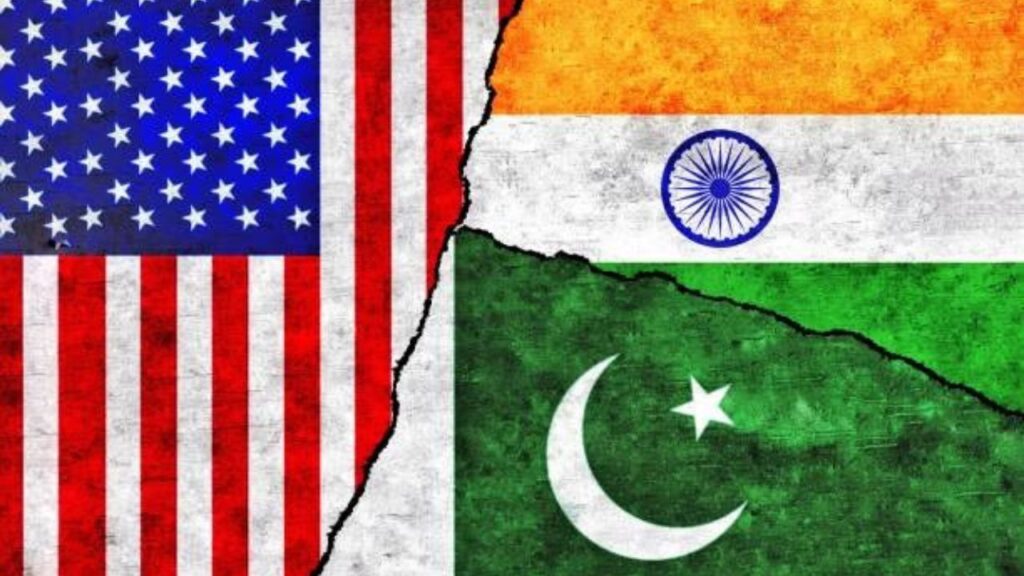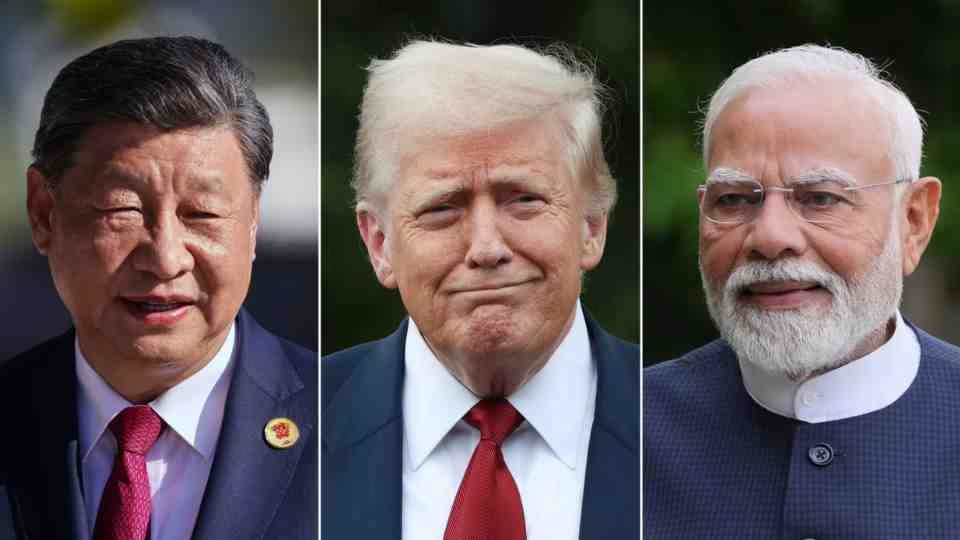ISLAMABAD — A complex and highly volatile situation has emerged between India and Pakistan as Islamabad, despite its own leaders’ recent war threats, formally requested that New Delhi resume the normal functioning of the decades-old Indus Water Treaty. This diplomatic move comes after India suspended the treaty in April following a deadly terrorist attack in Jammu and Kashmir’s Pahalgam, which New Delhi blamed on Pakistan-backed groups.
Background of the Conflict
The current crisis began in late April with a terrorist attack in Pahalgam, which killed 26 civilians, many of whom were tourists. India, accusing Pakistan of orchestrating the violence, responded by suspending the Indus Water Treaty of 1960. The treaty, a rare example of sustained cooperation between the two nuclear-armed rivals, governs the distribution of water from the Indus River system. Under its terms, India has full rights to the waters of the Beas, Satlej, and Ravi rivers, while Pakistan has rights over the Indus, Jhelum, and Chenab rivers.
India’s suspension of the treaty was an unprecedented step in the pact’s 65-year history. New Delhi stated it would hold the agreement “in abeyance” until Islamabad “credibly and irrevocably abjures its support for cross-border terrorism.” In the aftermath of the suspension, some experts noted that while India might not be able to completely stop the flow of water, even a small diversion could severely impact Pakistan’s agriculture, particularly during the winter.

Pakistan’s War Threats and Subsequent Request
The situation was further inflamed by recent rhetoric from high-ranking Pakistani officials. On Monday, former Foreign Minister Bilawal Bhutto issued a direct war threat to India, accusing Prime Minister Narendra Modi’s government of causing “great damage” to Pakistan. Bhutto urged Pakistanis to “unite” and warned that if India continued on its current path, it would leave Pakistan with “no choice except to consider all options, including the possibility of war.” His remarks followed a nuclear threat from Pakistan’s military chief, Field Marshal Asim Munir, who, during a visit to the United States, reportedly warned that Pakistan would “take half the world down with us” if it faced an existential threat from India.
In a seemingly contradictory move, Pakistan’s Foreign Office on Monday formally requested that India “immediately resume the normal functioning of the Indus Water Treaty, and fulfill its treaty obligations, wholly and faithfully.” The request was timed to coincide with an interpretation from the Permanent Court of Arbitration (PCA) on August 8, which Pakistan has welcomed.
The Court of Arbitration’s Role
The arbitration proceedings, which India has refused to participate in, center on disputes over the design of new hydroelectric projects India is building on the Western Rivers. Pakistan’s Foreign Office highlighted a key finding from the court’s recent “Award” which stated that India must “let flow” the waters of the Western Rivers for Pakistan’s “unrestricted use.” The court also clarified that any exceptions for hydroelectric generation must adhere strictly to the treaty’s provisions, not to India’s own “ideal” or “best practices” standards. A supplemental award from June 27 had already affirmed that India’s suspension of the treaty did not limit the court’s jurisdiction over the matter.
India’s Ministry of External Affairs has dismissed Munir’s comments as “nuclear sabre-rattling” and an irresponsible threat. New Delhi maintains that the suspension of the treaty is a direct consequence of Pakistan’s support for terrorism and that any dialogue on the matter is contingent upon Pakistan’s actions. The current diplomatic standoff presents a significant challenge to the already strained relations between the two countries, with the critical issue of water rights now intertwined with threats of war and terrorism.






